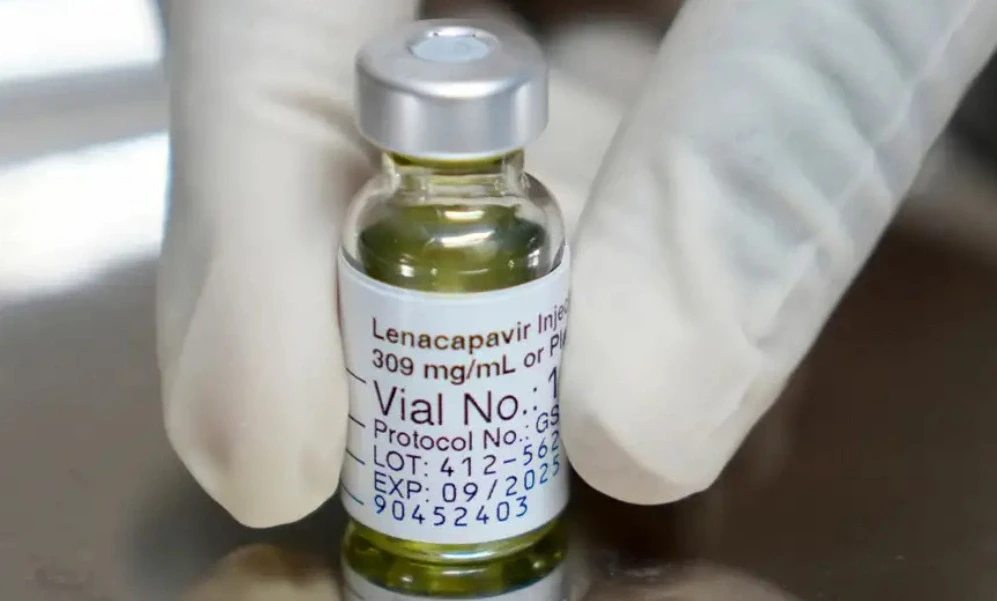
Lenacapavir, the world's first HIV prevention drug administered every six months, is set to be rolled out in Zimbabwe, one of the first countries selected. "We are pleased to announce that Zimbabwe has been selected... this is a groundbreaking development in the fight against HIV," the U.S. embassy in Harare told X.
Zimbabwe currently has 1.3 million people living with HIV, according to the United Nations Programme on HIV/AIDS (UNAIDS). However, public health expert Ponesai Nyika says the country has a "very robust HIV response infrastructure," having recently achieved UNAIDS' 95-95-95 target, meaning 95% of people living with HIV know their status; 95% of those who know they are HIV positive are receiving antiretroviral (ARV) treatment; and 95% of those on treatment achieve viral suppression.
The introduction of lenacapavir is expected to significantly boost Zimbabwe's efforts to eliminate HIV transmission. "The support from strong partners such as PEPFAR (the U.S. President's Emergency Plan for AIDS Relief) and other local organizations... creates a solid foundation for the introduction of lenacapavir," Nyika added.
The deployment in Zimbabwe will target vulnerable groups such as adolescent girls, pregnant women, and breastfeeding mothers.
The World Health Organization (WHO) hailed lenacapavir as a transformative step in protecting those at risk of HIV infection. WHO Director-General Tedros Adhanom Ghebreyesus called it "the next best thing" after vaccines. UNAIDS Deputy Director Angeli Achrekar described it as a "potential miracle drug," emphasizing that its "nearly 100% effectiveness in preventing new infections is unprecedented."
This effectiveness has been demonstrated in two large trials in sub-Saharan Africa and in the United States, where the drug's effectiveness exceeded 99%. Expert Nyika explained that a major advantage of the drug is that the two injections per year significantly reduce the rate of non-adherence to treatment.
However, skepticism remains regarding the cost and accessibility. "I'm sure it's only for the rich," said one Ugandan citizen. The cost of the drug is now $40 per year, a sharp decrease from the initial estimate of $28,000 per year.
Mr. Nyika affirmed that "data shows lenacapavir is very safe and well-tolerated," and urged countries to be transparent about side effects when deploying it. He also suggested that countries negotiate, produce locally, and utilize funds such as PEPFAR or the Global Fund to reduce costs and ensure equitable access.
Lenacapavir, projected to be rolled out in over 120 low- and middle-income countries by 2027, is hoped to significantly reduce 1.3 million new HIV infections annually. Other African countries such as Kenya, Nigeria, Zambia, Uganda, and South Africa are also on the rollout list by January 2026.
PV (compiled)Source: https://baohaiphong.vn/thuoc-tiem-ngua-hiv-sap-trien-khai-tai-zimbabwe-va-mot-so-nuoc-chau-phi-524043.html











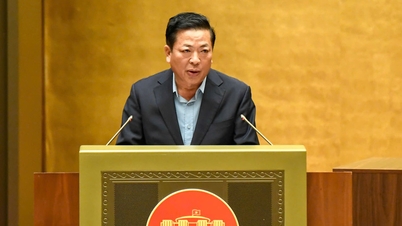

![[Photo series] Appearance of Ring Road 3 - Ho Chi Minh City before technical opening day](https://vphoto.vietnam.vn/thumb/402x226/vietnam/resource/IMAGE/2025/12/06/1765025589840_anh_6_20251206163529_20251206170332.jpeg)









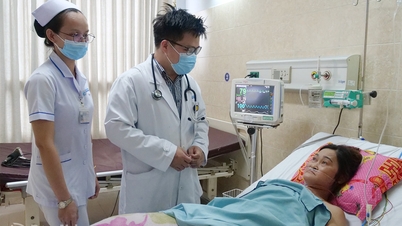


































































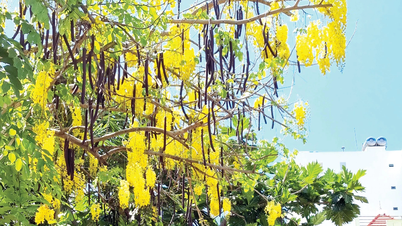


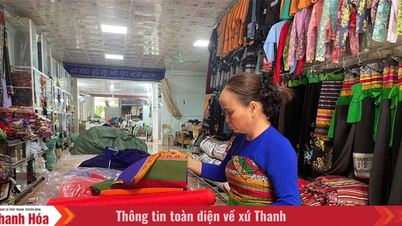

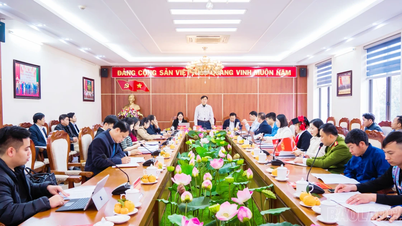













Comment (0)